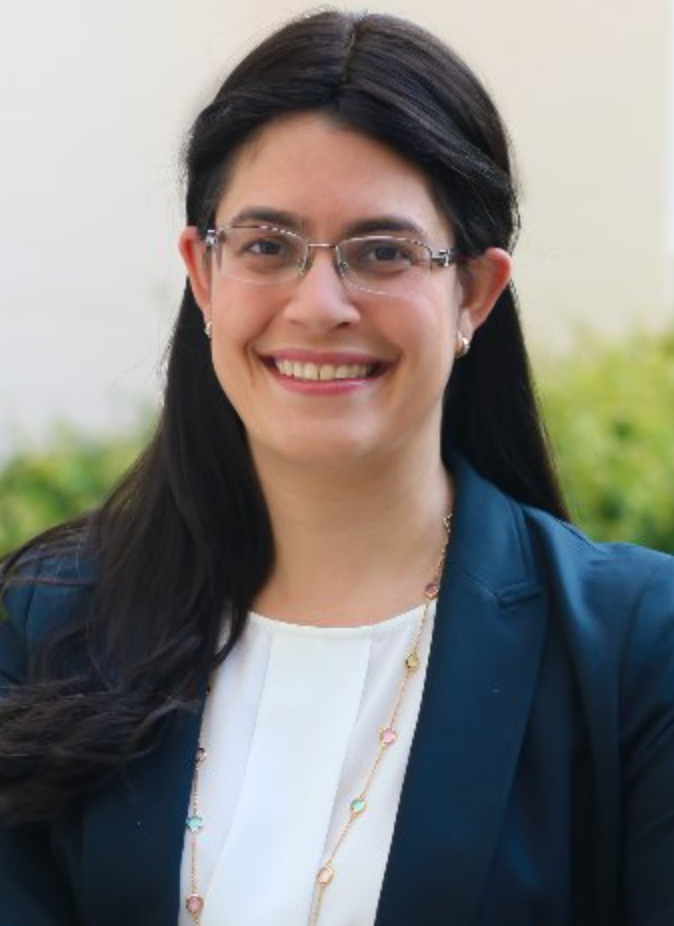Statin Use in Elderly Linked to Decrease in Risk of Death, Cardiovascular Mortality
New research is detailing the impact of statin use for primary prevention in elderly patients free from atherosclerotic cardiovascular disease.
Ariela Orkaby, MD, MPH

A new study of data from the Veterans Health Administration is seeking to fill the gap in knowledge regarding the impact of statin use on mortality and primary prevention of atherosclerotic cardiovascular disease in elderly patients.
Results of the propensity-matched study, which was retrospective in nature, indicate statin use decreased risk of all-cause mortality by 25% and risk of cardiovascular mortality by 20% compared to those not receiving statins.
“One of the most remarkable things about our results is that we found the benefit of statins held true regardless of whether a person was older or younger or had a condition such as dementia,” said lead investigator Ariela Orkaby, MD, MPH, a physician scientist at the VA Boston Health Care System and in the Division of Aging at Brigham and Women’s Hospital, in a statement.
To further explore the role of statin therapy for prevention of atherosclerotic cardiovascular disease, Orkaby and a team of colleagues designed their analysis as a retrospective cohort study examining a group of 326,981 veterans aged 75 years and older, not using statins, and free of atherosclerotic cardiovascular disease at baseline. Of note, all patients included in the study had a clinical visit occur between 2002-2012 and were followed through December 31, 2016.
The exposure of interest in the analysis was any new statin prescription. The primary outcomes of interest were all-cause and cardiovascular mortality. The secondary outcome of the analysis was a composite of atherosclerotic cardiovascular disease events, including myocardial infarction, ischemic stroke, and revascularization with coronary artery bypass graft surgery or percutaneous coronary intervention.
The mean age of the study cohort was 81.1 (4.1) years, 97% were men, and 91% were white. During the study period, 17.5% (n=57,178) initiated statin therapy. Overall, 206,902 deaths occurred during the follow-up period, which lasted a mean of 6.8 (3.9) years. Of these, 53,296 were classified as cardiovascular deaths.
After the application of propensity score matching, results of the investigators’ analysis indicated statin use was associated with a significant reduction in risk of all-cause mortality (HR, 0.75; 95% CI, 0.74-76) and a significant reduction in risk of cardiovascular death (HR, 0.80; 95% CI, 0.78-0.81).
When assessing for secondary outcomes, investigators identified 24,951 instances of myocardial infarction, 35,630 instances of ischemic stroke, and 74,362 revascularization procedures. When assessing the impact of statin use on the secondary outcome, the adjusted risk associated with statin use was 8% lower than the risk among those not using statins (HR, 0.92; 95% CI, 0.91-0.94). HRs for specific events were 0.99 (95% CI, 0.97 to 1.03) for myocardial, 0.98 (95% CI, 0.96 to 1.01) for ischemic stroke, and 0.89 (95% CI, 0.88 to 0.91) for revascularizations.
In an editorial published in JAMA, Stephen Nicholls, MBBS, PhD, of the Victorian Heart Institute at Monash University in Melbourne, Australia, and Adam Nelson, MBBS, PhD, of the Duke Clinical Research Institute in Durham, North Carolina, underscored the additional credence results of the current study add to the idea of statin use for primary prevention in elderly patients.
“The findings of the study by Orkaby et al. provide additional support for treatment guidelines that have increasingly advocated for more widespread use of statin therapy for ASCVD prevention in older individuals,” wrote Nicholls and Nelson. “While randomized trials will provide the most definitive data to support these recommendations, observational data from large cohorts have the potential to guide clinical practice in the interim.”
This study, “Association of Statin Use With All-Cause and Cardiovascular Mortality in US Veterans 75 Years and Older,” was published in JAMA.